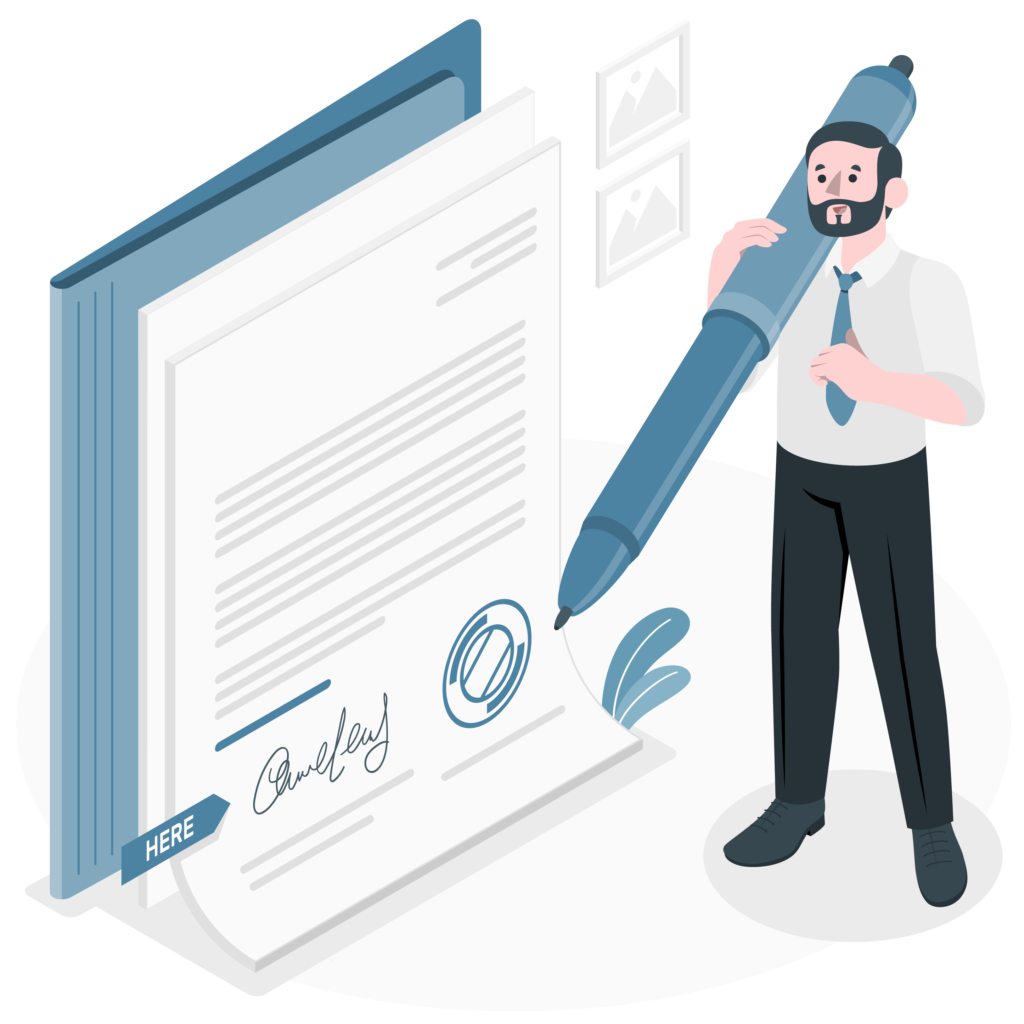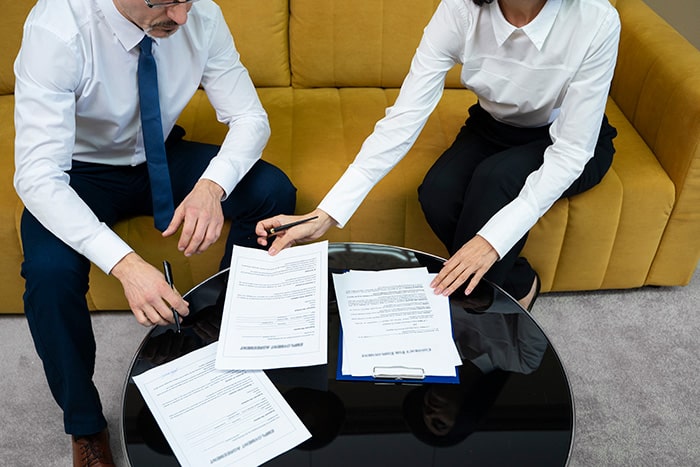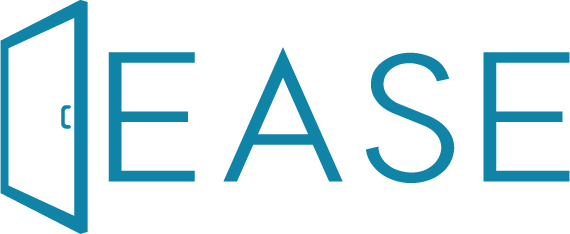
Understanding Fractional CFO Services
In today’s competitive landscape, effective financial leadership is essential for businesses of all sizes. However, the significant cost of hiring a full-time Chief Financial Officer

In March 2023, the Financial Accounting Standards Board voted to bring American lease accounting standards in line with the global lease accounting standards set by the International Accounting Standards Board.
This update affects Accounting Standards Codification (ASC) 842: Lease Accounting. These changes will become part of GAAP, and will have far-reaching effects on businesses across the country.
The bottom line? Many (but not all) leases will have to be reported as an asset or liability, rather than as an expense.
If this sounds a little strange to you as a business owner, we understand. Let’s break it down.
A lease is a contract that includes the right to control “the use of identified property, plant, or equipment (an identified asset) for a period of time [or usage units] in exchange for consideration”.
Under the old regulations, the vast majority of leases were recorded on the income statement as expenses. Now, entities must record leases on the balance sheet as an asset and a liability. The asset is the value of the leased item itself: land and buildings, equipment, or vehicles. The liability is the amount of the lease payments, amortized over time over the life of the lease period.
Before the IASB and FASB updates, only capital leases, or leases with the intent to buy the asset at the end of the lease, were recorded as assets and liabilities. Now, both finance and operating leases must be recorded on the balance sheet, regardless of the end result of the lease. The accounting is the same with or without a purchase option.
The only exception to the new lease accounting standards is short-term leases, where the lease term is less than 12 months with no expectation of renewal. These can still be expensed and do not have to be recorded on the balance sheet.
There is also a difference in accounting for leasehold improvements under common control.
Common control refers to lessor and lessee parties who both belong to a parent “umbrella” company. If the lessee makes improvements to the leased property during the lease, the value of the improvements must be amortized over the lesser of the useful life of the improvements, or the remaining term of the lease. This means that at the end of the lease, when the item is either purchased or returned, the improvements will not have any book value that could impact the transaction.
If the lease is between two unrelated parties, making it not under common control, then any remaining leasehold improvement value is transferred to the owner at the end of the lease.

Previous to the updates, private companies had some considerable variation in how they treated lease accounting and leasehold improvements. This led to accounting inconsistencies and some creative accounting practices. It also allowed related-party companies to create common control leases to move expenses around the parent company.
The changes force companies to be more open about what lease obligations they have and how they intend to fulfill them
The ASC 842 lease accounting changes will affect businesses that lease large amounts of their operating equipment. Businesses that lease large numbers of buildings, such as retail companies, will be heavily affected. It will also affect tech, media, and communications companies that lease large items such as equipment and communications towers. Medical companies that lease specialized equipment will also be affected.
Deloitte estimates that these changes will add up to $2 trillion dollars of liabilities onto US company balance sheets. This will change how stakeholders, such as investors and lenders, view the health of the company. It has the potential to transform stock issues, loan guidelines, and more.
These changes will not materially affect businesses that own, rather than lease, their assets.
The new ASC 842 lease accounting standards will affect many businesses across the US. The most important response will be to establish a lease amortization schedule for each lease contract your company has. This can be done in Excel or with a lease accounting software. A good lease accountant can help with this.
It will also be important to keep detailed records about each lease outside of your bookkeeping. For each lease, you will need notes about the contract itself, what it is used for, and how it is paid.
Because the ASC 842 lease accounting changes don’t affect federal taxation rules for leases, some organizations may need to keep two sets of books for each leased asset – one for financial reporting and one for taxation purposes.
However, this will have to be considered on a lease-by-lease basis: some may be accounted for as leases, while others may be considered sales and be subject to state sales tax. Again, a good team of lease and tax accountants will be necessary to navigate this.
It’s a lot to take in. This is one of the most significant changes to GAAP ever. If your business has any significant leases, it is critical to get in touch with a good CPA with an understanding of leases, taxations, real estate accounting, and any other relevant industry experience.
Ease Support can assist with creating lease amortization schedules, handling data collection, and maintaining any additional recordkeeping that will arise.
Yes. While ASC 842 does not change any of the core principles of accounting, it is a major shift in how business owners and accountants must view leases.
It depends on the contract. If the rented item is for less than 12 months, or the contract in place does not qualify as a lease, it may need to be recorded as rented rather than leased, and be expensed.
There are two components to ASC 842. The first is the updates to lease accounting. This must be implemented for all fiscal years beginning after December 15, 2021. Since we are now into 2023, this requirement is currently in force.
The second is the updates to leasehold improvements. These requirements must be implemented for fiscal years after December 15, 2023.

In today’s competitive landscape, effective financial leadership is essential for businesses of all sizes. However, the significant cost of hiring a full-time Chief Financial Officer

In today’s fast-paced business world, getting your finances in order is key. From small startups to established businesses, everyone’s looking for ways to make their

Businesses frequently use outsourcing as a way to increase efficiency, save costs, and simplify operations in today’s international market. Offshore and back-office outsourcing are two

1048 Irvine Ave #728
Newport Beach